Microplastic-eating plankton may be worsening crisis in oceans, say scientists – the Guardian
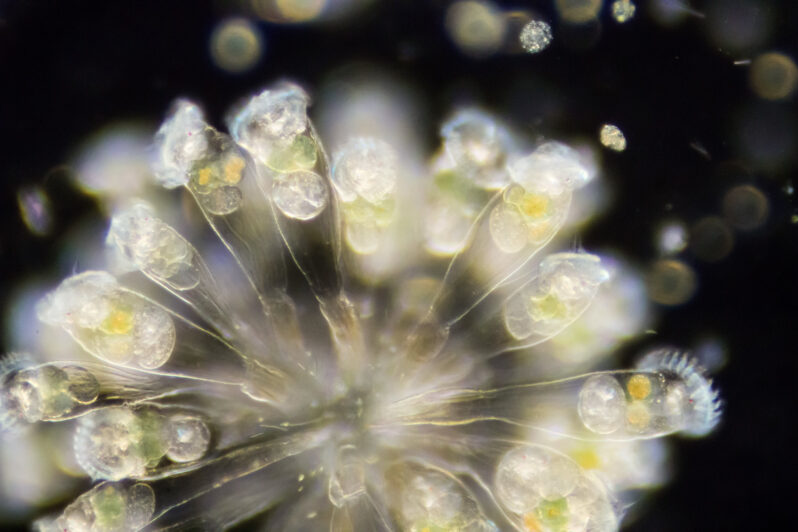
A type of zooplankton found in marine and fresh water can ingest and break down microplastics, scientists have discovered. But rather than providing a solution to the threat plastics pose to aquatic life, the tiny creatures known as rotifers could be accelerating the risk by splitting the particles into thousands of smaller and potentially more dangerous nanoplastics…
Rebuild or Leave ‘Paradise’: Climate Change Dilemma Facing a Nicaraguan Coastal Town
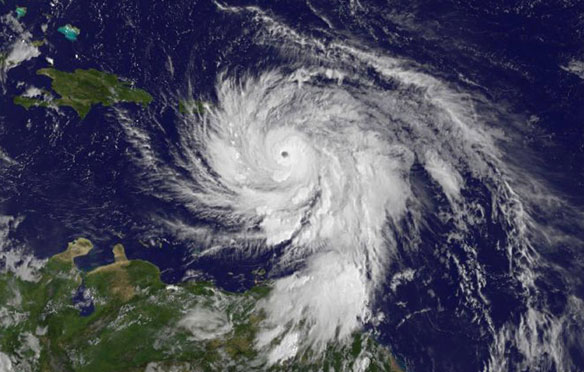
Two major November hurricanes slammed into the same part of Nicaraguan coast, laying waste to the Miskito village of Haulover. Faced with a future of intensifying storms, the residents must now consider whether to abandon their way of life by the ocean and move inland.
The world’s largest wetlands are on fire. That’s a disaster for all of us
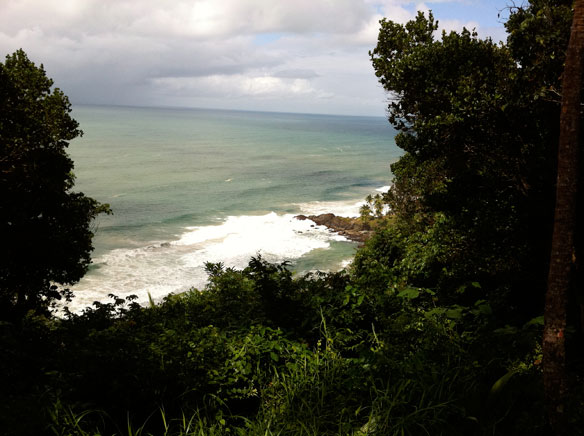
South America’s Pantanal region has been hit by the worst wildfires in decades. The blazes have already consumed about 28% of the vast floodplain that stretches across parts of Brazil, Bolivia and Paraguay. They are still not completely under control.
New Atlantic marine sanctuary will be one of world’s largest

The waters around one of the world’s most remote inhabited islands, in the middle of the South Atlantic Ocean, are set to become the fourth largest completely protected marine area in the world, and the largest in the Atlantic.
New research identifies ‘triple trouble’ for mangrove coasts
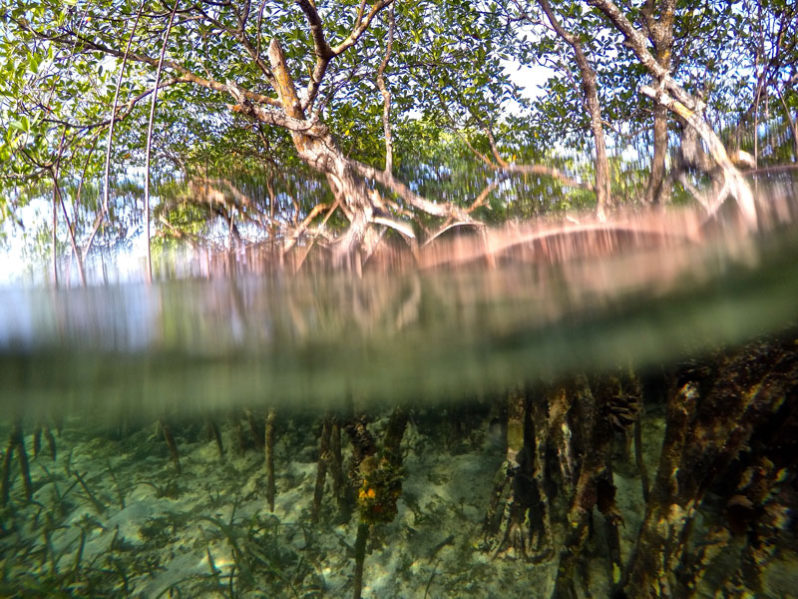
The study found that mangrove forests, their large biodiversity and the coastal protection they provide are under pressure from three distinct threats—sea-level rise, lack of mud and squeezed habitats.
Australia: Rescuers save 100 whales after mass stranding
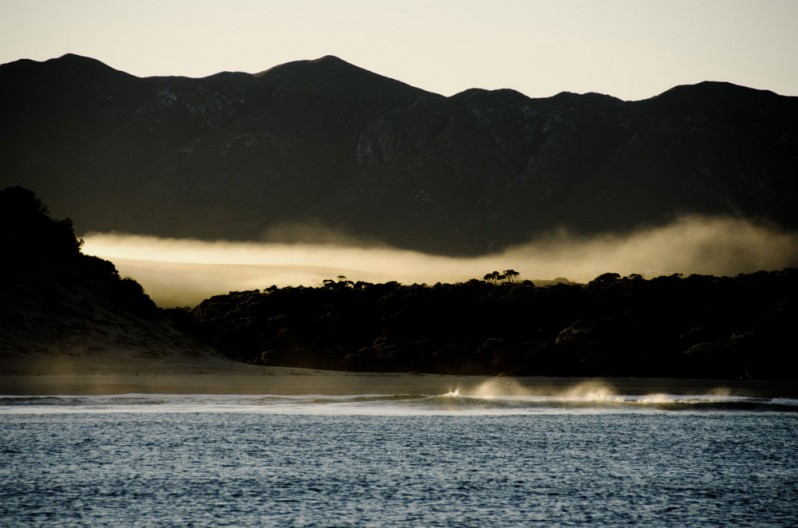
The pilot whales got stuck in shallow waters on the west coast of Tasmania during the country’s largest-ever recorded stranding. Rescuers were not able to save all 470 of the marine mammals.
How the waters off Catalina became a DDT dumping ground
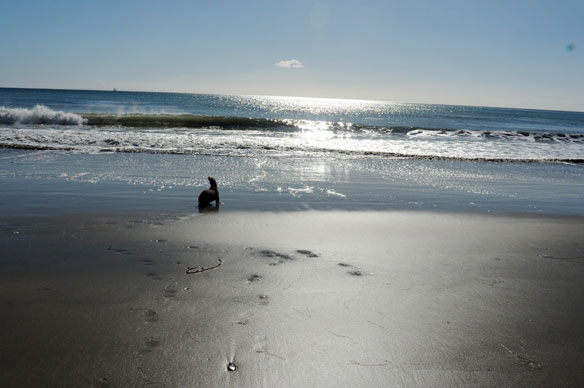
Not far from Santa Catalina Island, in an ocean shared by divers and fishermen, kelp forests and whales, David Valentine decoded unusual signals underwater that gave him chills.
Why cracking down on the shark fin trade may be easier than we thought
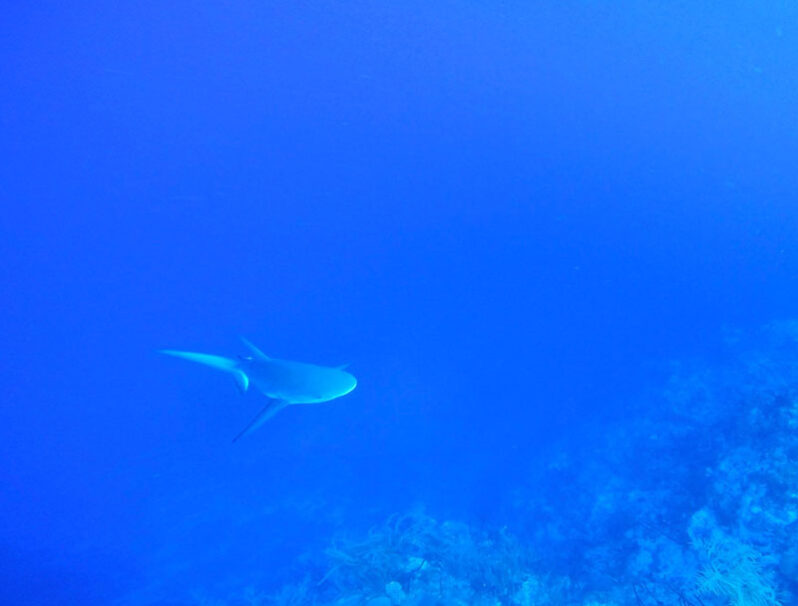
Many shark fins used in a traditional Asian delicacy come from the coastal waters of just a handful of countries. The finding upends conventional notions—and could make this conservation challenge easier to tackle.
Metal deposits from Chinese coal plants end up in the Pacific Ocean, research shows
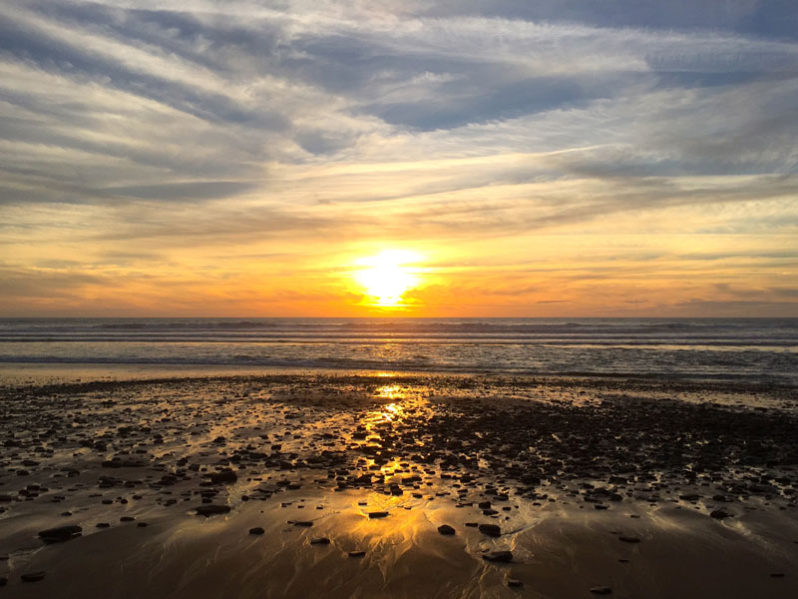
Emissions from coal-fired power plants in China are fertilizing the North Pacific Ocean with a metal nutrient important for marine life, according to new findings from a USC-led research team..
